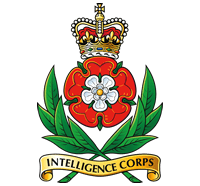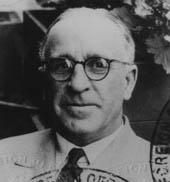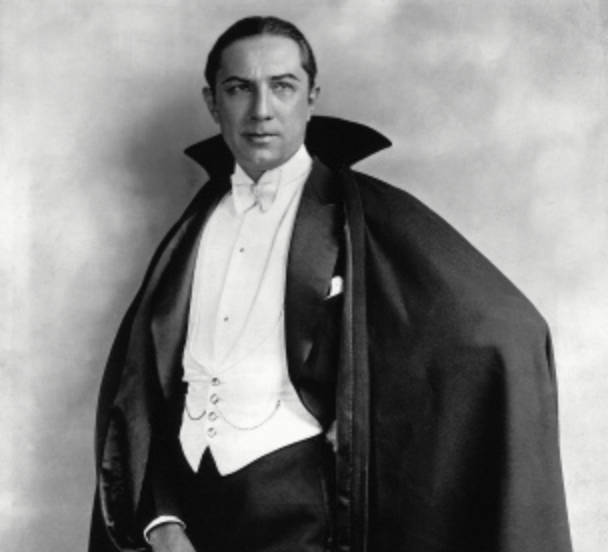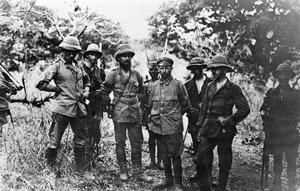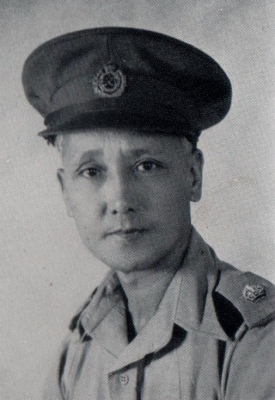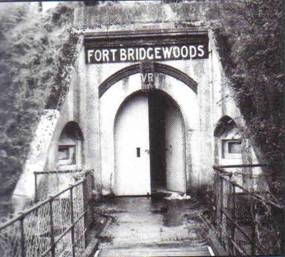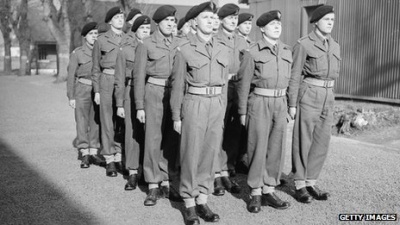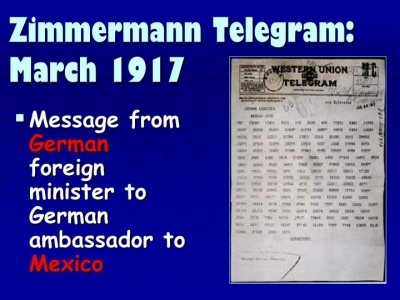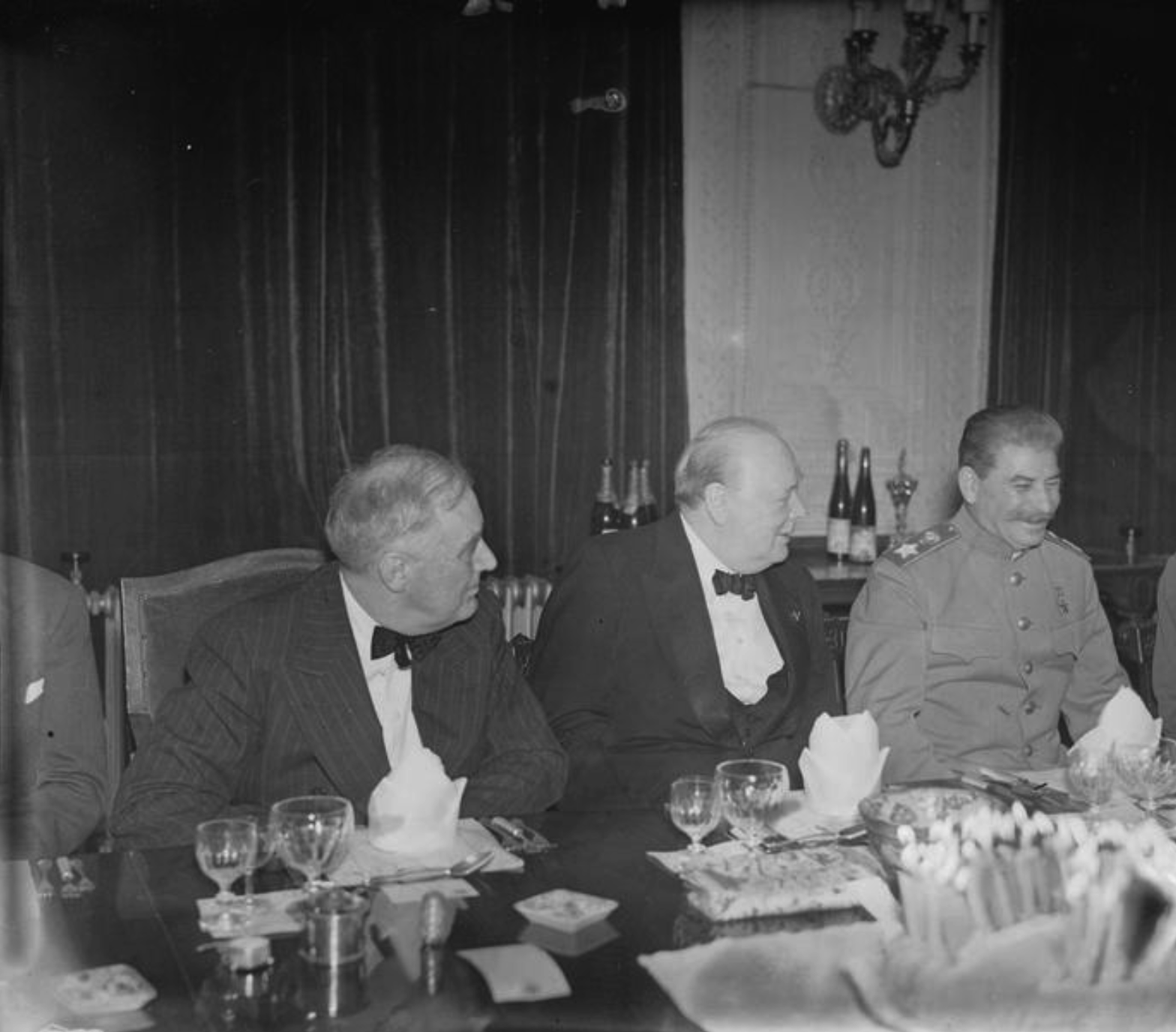Alan Edwards – Award for 2018
The award this year goes to 63 MI Company Presented to CO 6 MI Battalion, Lt Col Andy Hetherington on Corps Day by Mr Tony Hetherington, chairman FICM. Major Francis Edward Foley CMG was a British Secret Intelligence Service officer. As a passport control officer for the British embassy in Berlin, Foley bent the rules and helped thousands of Jewish families escape from Nazi Germany after Kristallnacht and before the outbreak of the Second World War. He is officially recognised as a British Hero of the Holocaust. Following the war, Foley retired to Stourbridge where he lived with his wife…
